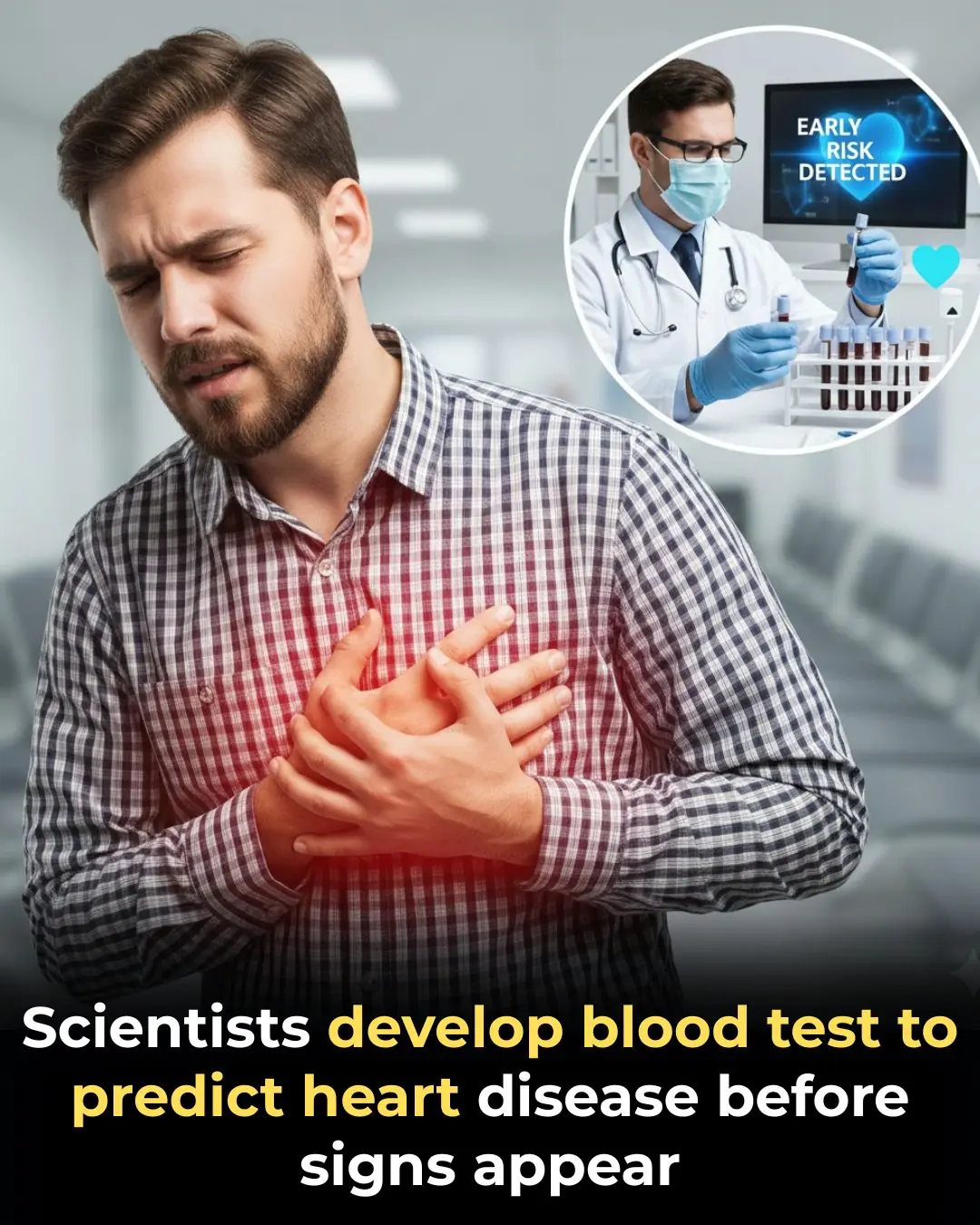
🍔 The Hijacked Brain: How Ultra-Processed Foods Mimic Addiction and Disrupt Decision-Making
A recent major nutrition study has unveiled compelling evidence that the consumption of ultra-processed foods (UPFs) impacts the human brain in ways strikingly similar to addictive substances. This research highlights a profound neurobiological mechanism: UPFs are engineered to trigger rapid and intense spikes of the neurotransmitter dopamine, effectively hijacking the brain’s natural reward system. This sustained overstimulation, researchers suggest, can lead to long-term changes in brain function, ultimately disrupting decision-making, increasing cravings, and impairing emotional regulation.
The Neurobiology of the "Dopamine Spike"
Dopamine is the primary chemical signal associated with pleasure, motivation, and learning; it reinforces behaviors essential for survival, such such as eating and reproduction. However, ultra-processed foods—defined as formulations of ingredients derived from foods but containing little to no whole food, often including flavorings, emulsifiers, and high levels of refined sugar, salt, and fats—are designed to deliver pleasure far beyond what natural foods provide.
The speed and intensity of the dopamine spike are critical to their addictive potential. Natural foods release dopamine slowly as they are digested. UPFs, however, are engineered for hyper-palatability and rapid absorption. The combined effect of high sugar and fat content hits the brain almost simultaneously, causing a disproportionately large and quick dopamine surge in the nucleus accumbens—the brain's primary reward center.
This intense, rapid spike essentially tells the brain: "This is far better and more important than anything else."
Disruption of the Brain’s Motivational Hierarchy
The problem arises when the brain is repeatedly exposed to these massive dopamine spikes. Over time, the reward pathways become desensitized. Just as with substance addiction, the brain begins to downregulate its dopamine receptors in an effort to return to equilibrium. This leads to a vicious cycle:
-
Increased Cravings: To achieve the same level of pleasure, the brain requires progressively larger amounts of the stimulating substance (i.e., more UPFs).
-
Impaired Decision-Making: The constant overstimulation shifts the brain's priority. The reward system begins to seek immediate stimulation and pleasure instead of necessary nourishment. The neural circuitry governing rational decision-making (located in the prefrontal cortex) is overridden by the primitive drive for reward.
-
Emotional Dysregulation: The disruption extends to mood and stress management. Individuals may become dependent on UPFs to regulate their emotions, turning to them not out of hunger, but as a quick, albeit temporary, fix for stress, boredom, or sadness.
The Clinical Link to Addiction
The behavioral patterns observed in high UPF consumption—loss of control over intake, persistent desire to cut down, and continued use despite negative consequences (like weight gain or health issues)—mirror the diagnostic criteria for substance use disorders. Researchers are now increasingly using terms like "food addiction" or "hyper-palatable food dependence" to describe this pattern, underscoring the necessity of treating excessive UPF consumption as a neurobiological disorder rather than a simple lack of willpower.
This research adds urgency to public health debates surrounding the regulation and labeling of ultra-processed foods. By demonstrating that these foods can chemically alter brain function, the study provides a powerful framework for understanding rising obesity and metabolic disease rates, emphasizing that addressing the issue requires tackling the neurobiological drivers of compulsive consumption.
📚 References
-
Gearhardt, A. N., et al. (2016). The Addiction Potential of Hyperpalatable Foods. Current Addiction Reports. (A review linking the palatability and processing of foods to addictive-like behaviors).
-
DiFeliceantonio, A. G., et al. (2018). The dopamine-driven reward system of the brain and hyperpalatable foods. Nature Neuroscience. (Research detailing how the rapid combination of sugar and fat in UPFs impacts dopamine signaling).
-
Yale Rudd Center for Food Policy & Health. (Academic source providing definitions and analysis of ultra-processed foods and their public health impact).
News in the same category

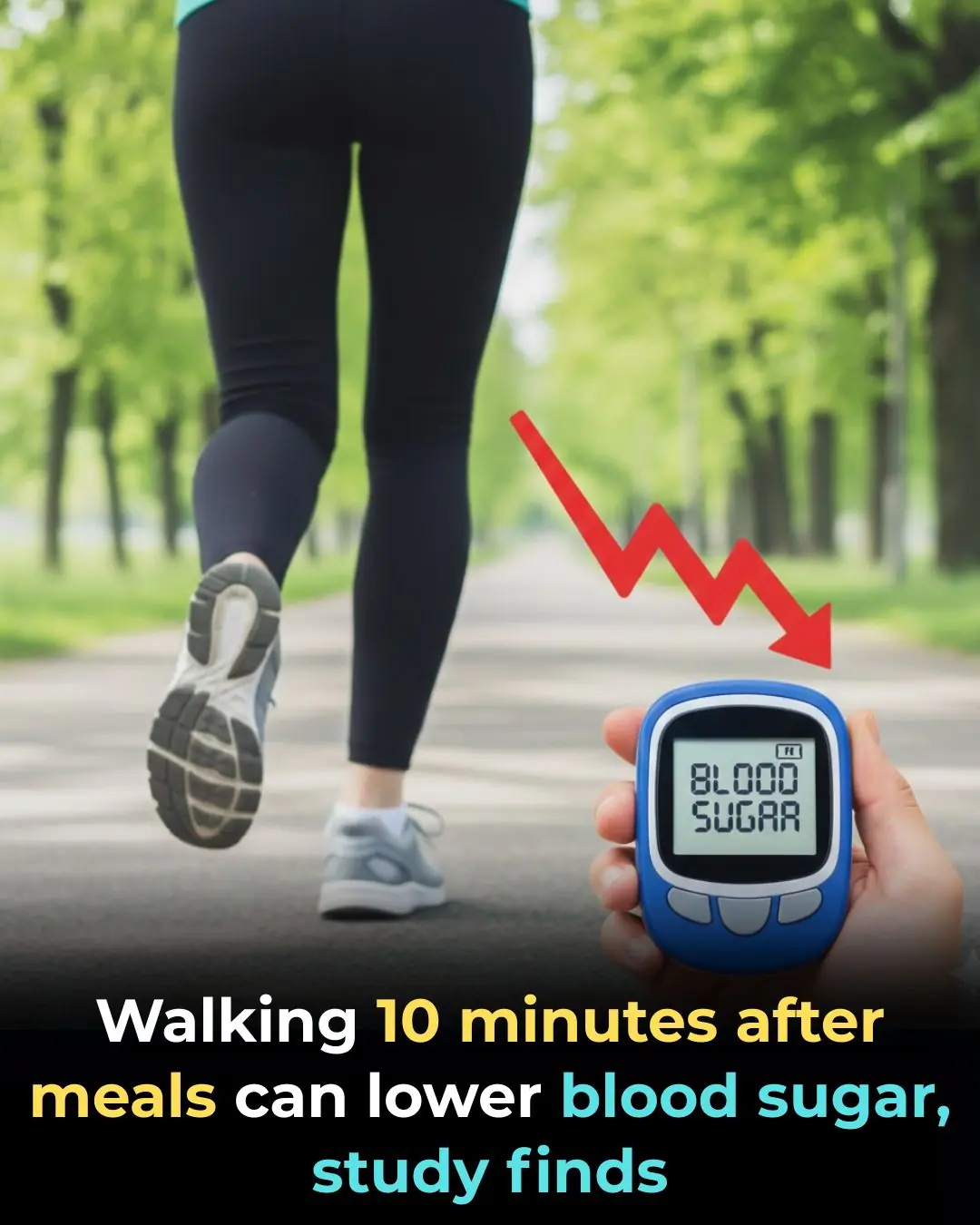
🚶 The Power of Post-Meal Movement: Why a Ten-Minute Walk is a Game-Changer for Blood Sugar Control
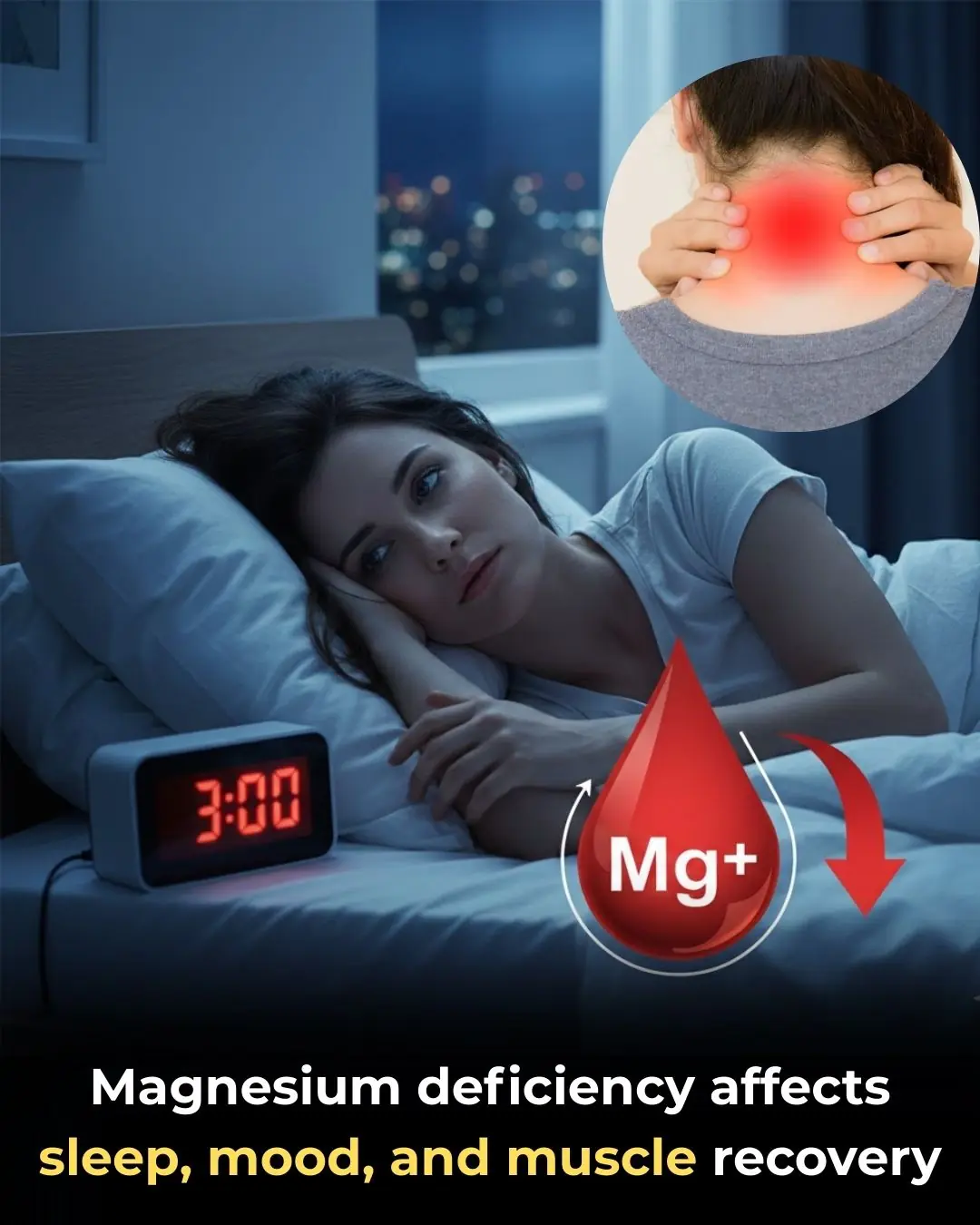
✨ The Unsung Mineral: How Magnesium Deficiency Compromises Nerve Signaling and Undermines Holistic Health

🎮 The Virtual Battlefield: How the British Army is Leveraging Call of Duty for Next-Generation Tactical Training
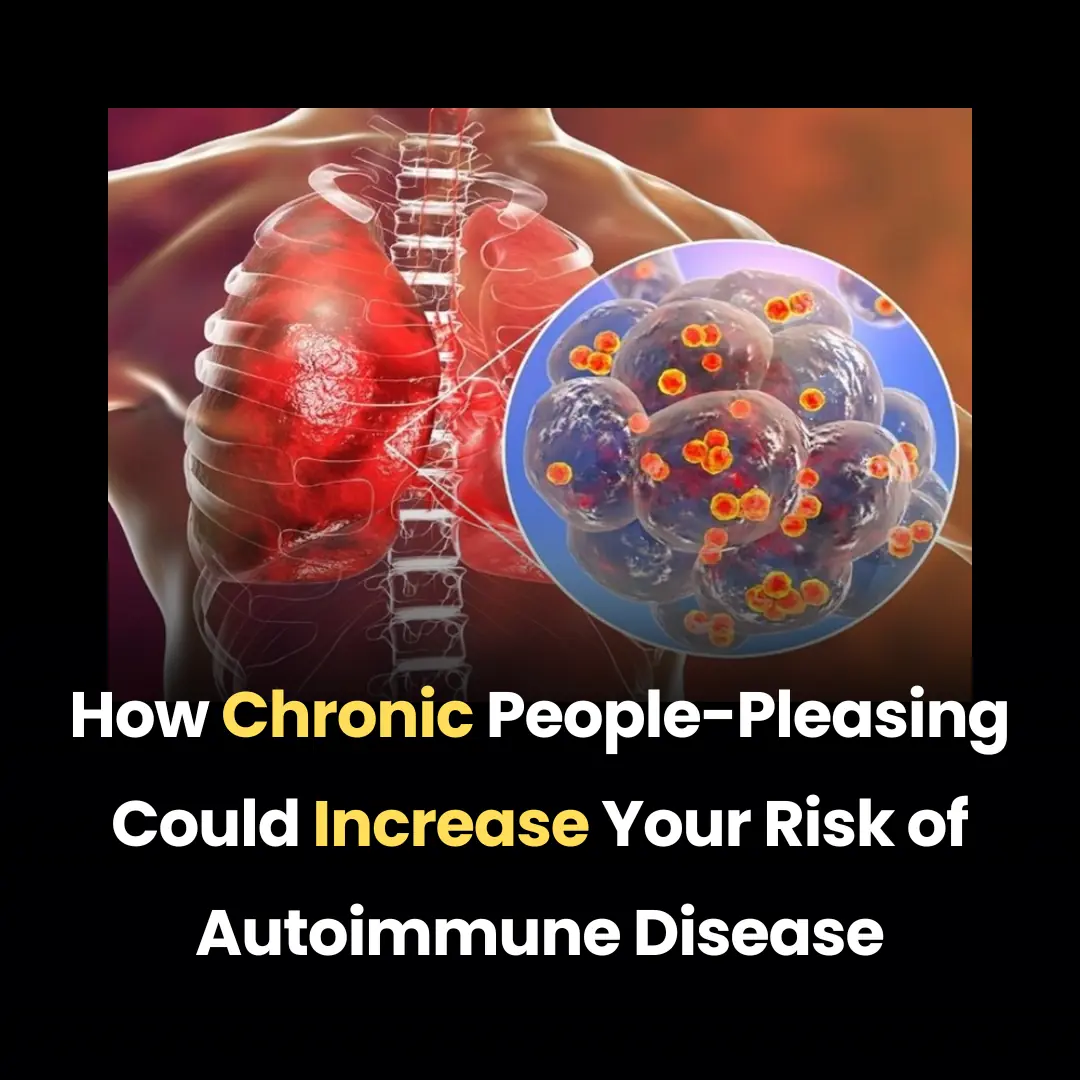
How Chronic People-Pleasing Could Increase Your Risk of Autoimmune Disease
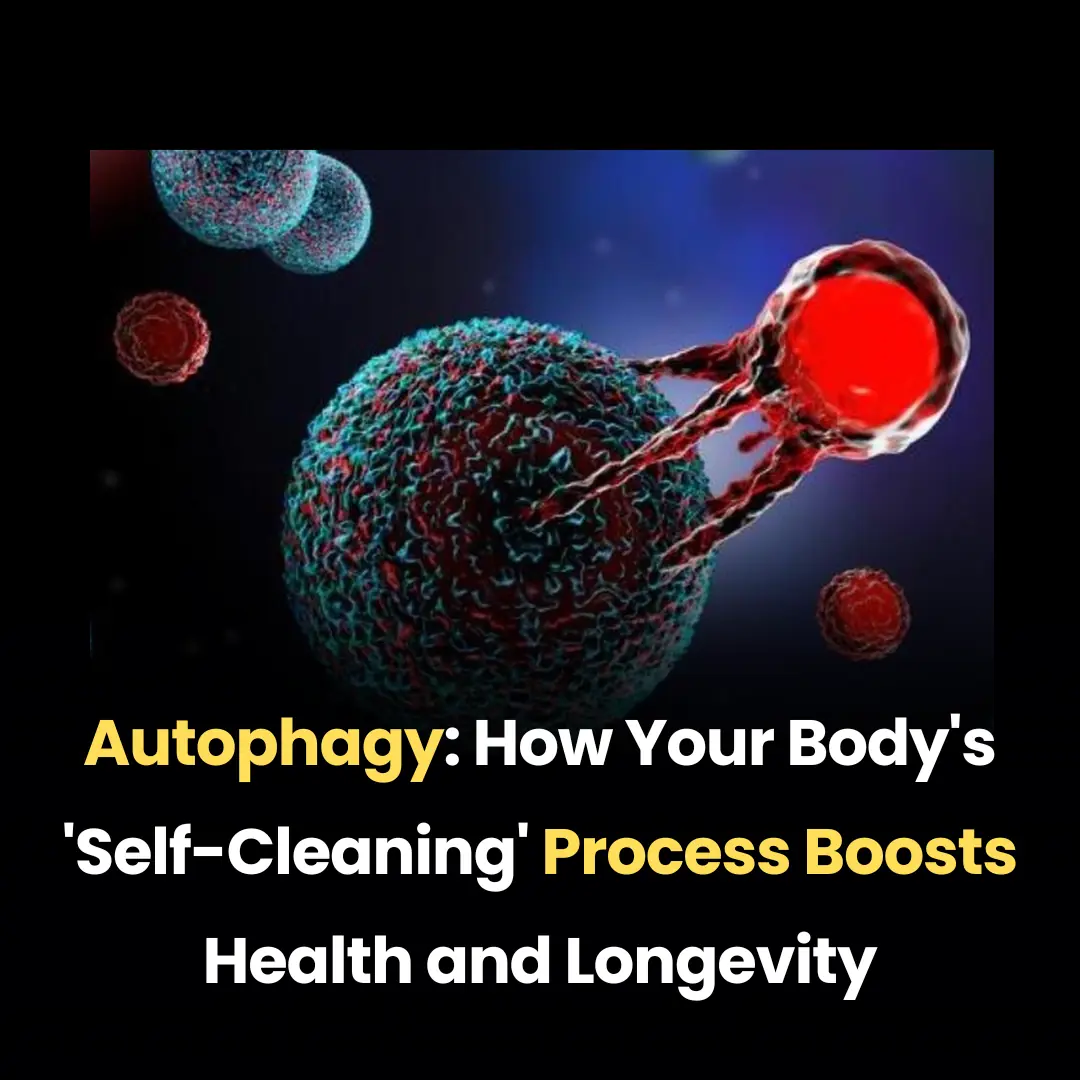
Autophagy: How Your Body's 'Self-Cleaning' Process Boosts Health and Longevity
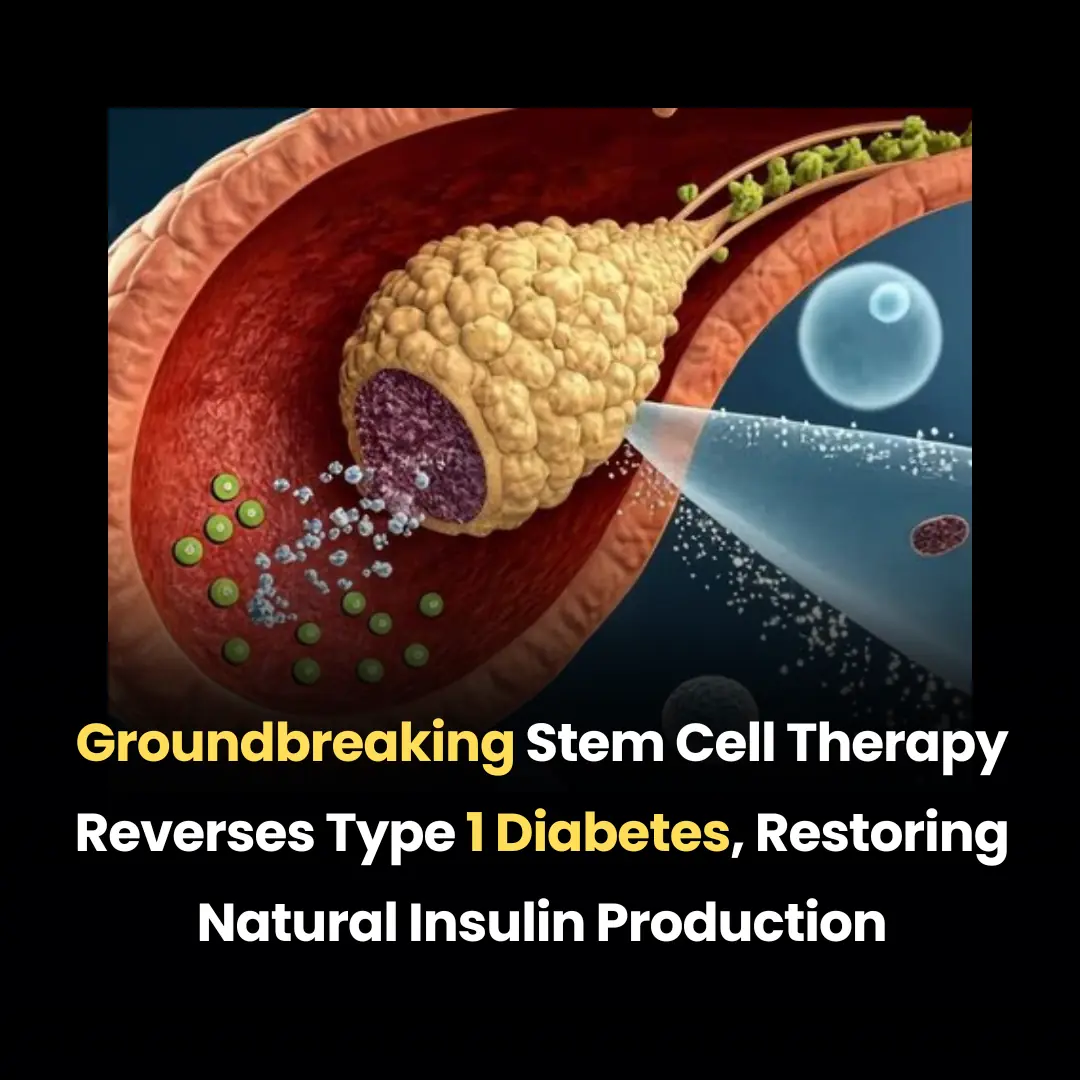
Groundbreaking Stem Cell Therapy Reverses Type 1 Diabetes, Restoring Natural Insulin Production
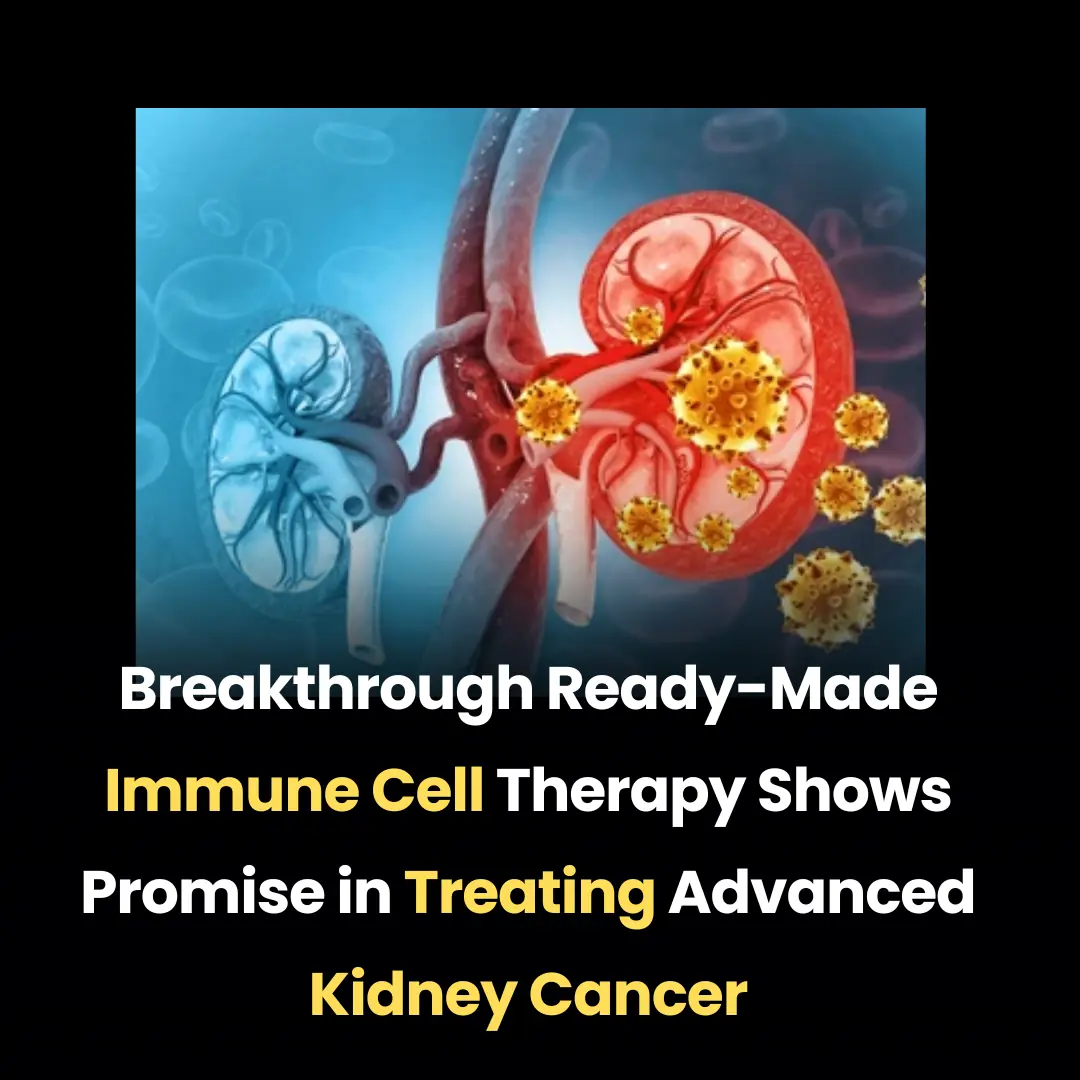
Breakthrough Ready-Made Immune Cell Therapy Shows Promise in Treating Advanced Kidney Cancer

Early Detection of Testicular Cancer: The Key to Saving Lives in Young Men
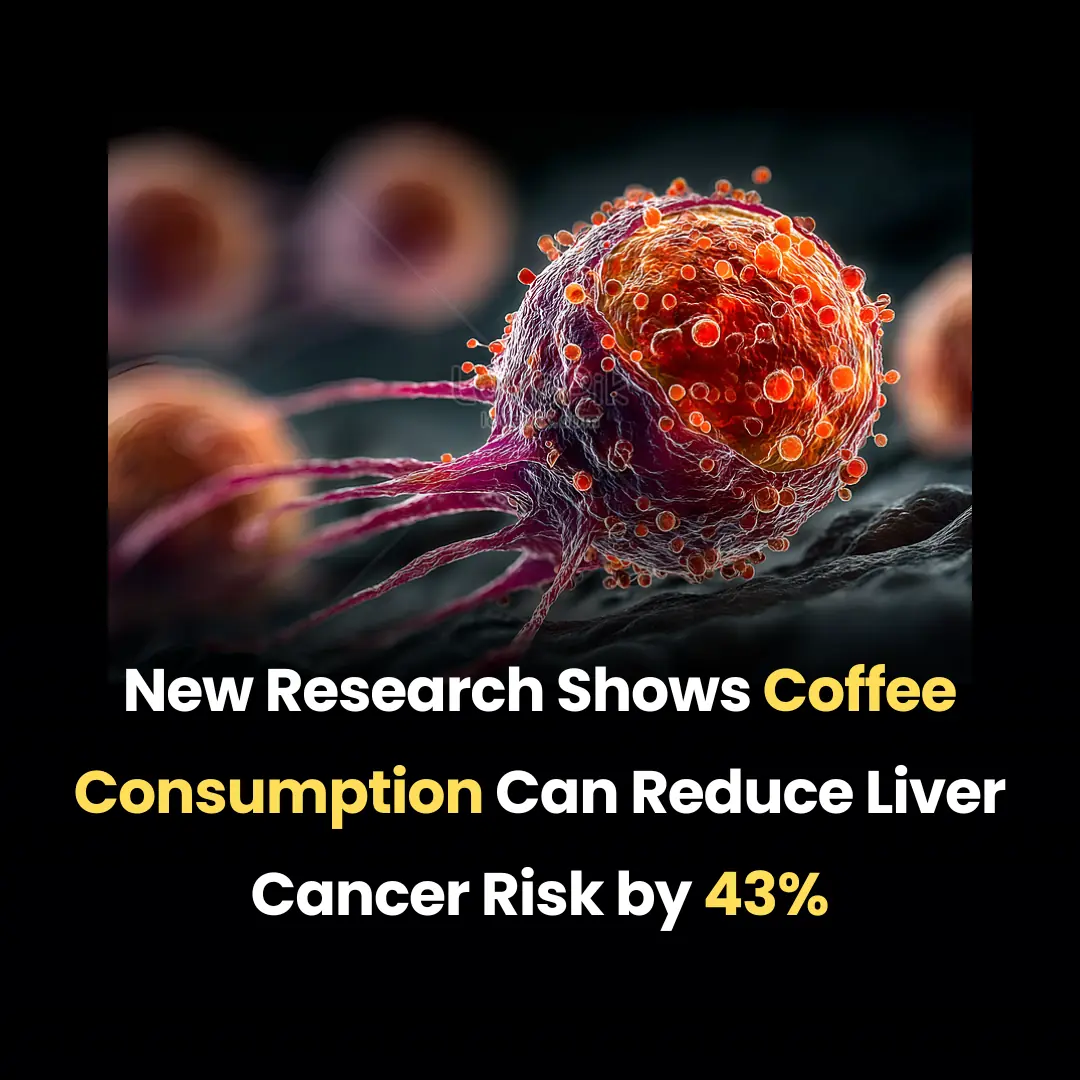
New Research Shows Coffee Consumption Can Reduce Liver Cancer Risk by 43%

Why Do We Get Shocked by Static Electricity

What Clearing the Table Says About You

What is their purpose in doing so?

🛁 Say Goodbye to the Shower: Japan Unveils the 15-Minute "Human Washing Machine"

Fingerprint Individuality: A Story Written by Biology, Environment, and Chance

Northwestern Study Reveals Hidden Dangers in Youth Skincare Influencer Culture
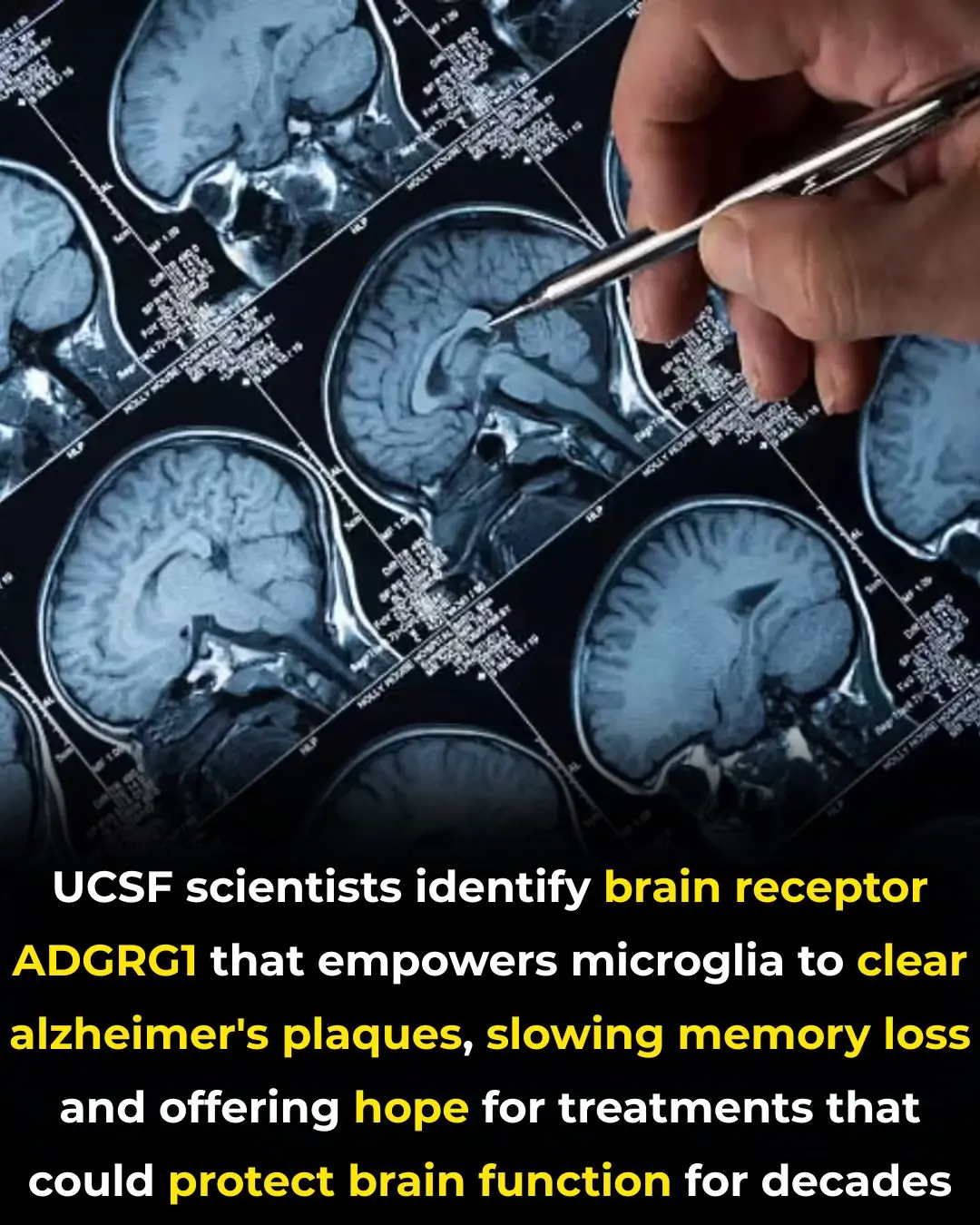
Scientists Discover a Brain Receptor That Acts as a Natural Shield Against Alzheimer’s
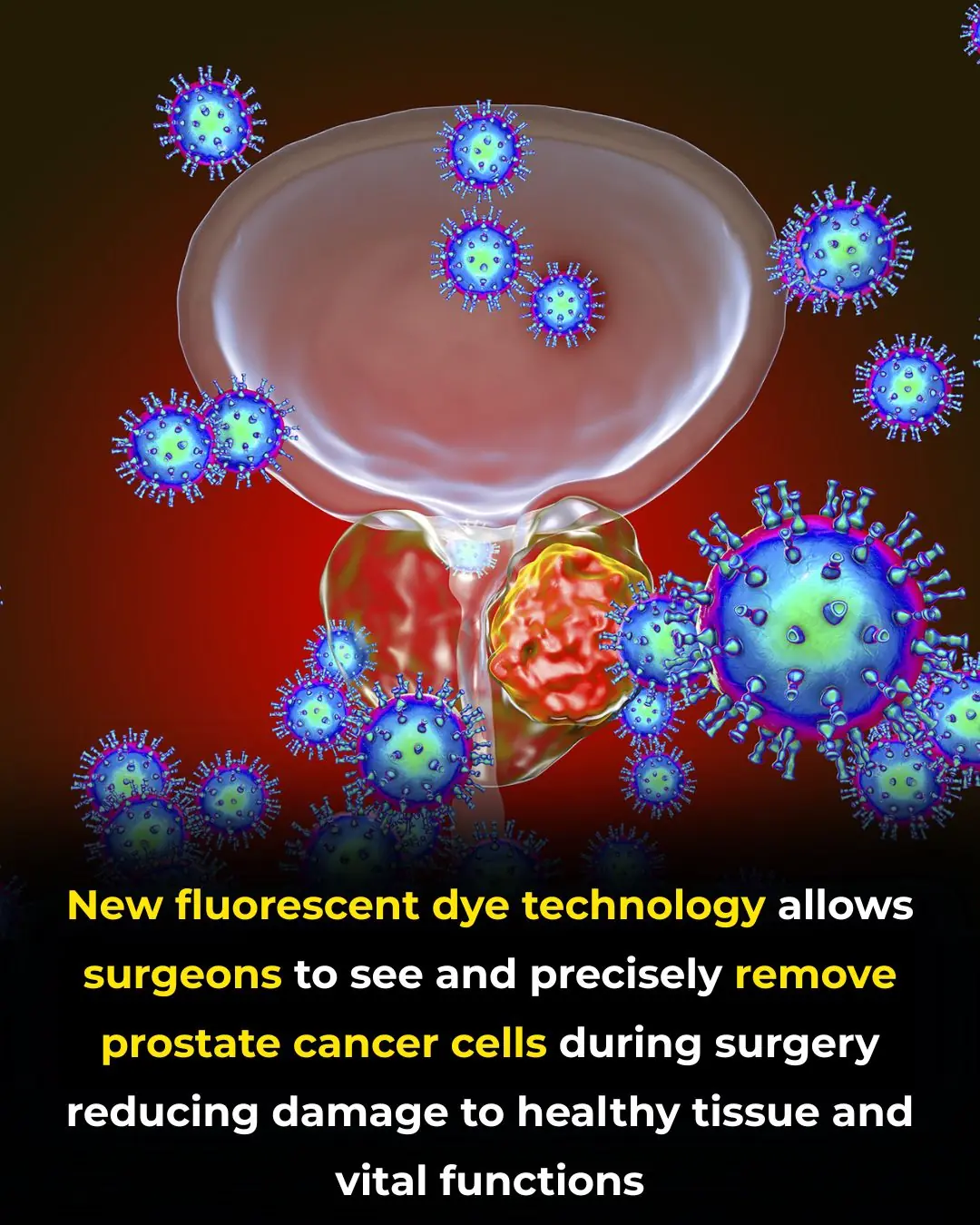
A Fluorescent Breakthrough: New Dye Helps Surgeons Precisely Target Prostate Cancer
News Post

Put aluminum foil under the pillow before going to bed what happens

💉 The Future of Cardiac Screening: New Blood Test Detects Hidden Heart Disease Years Before Symptoms
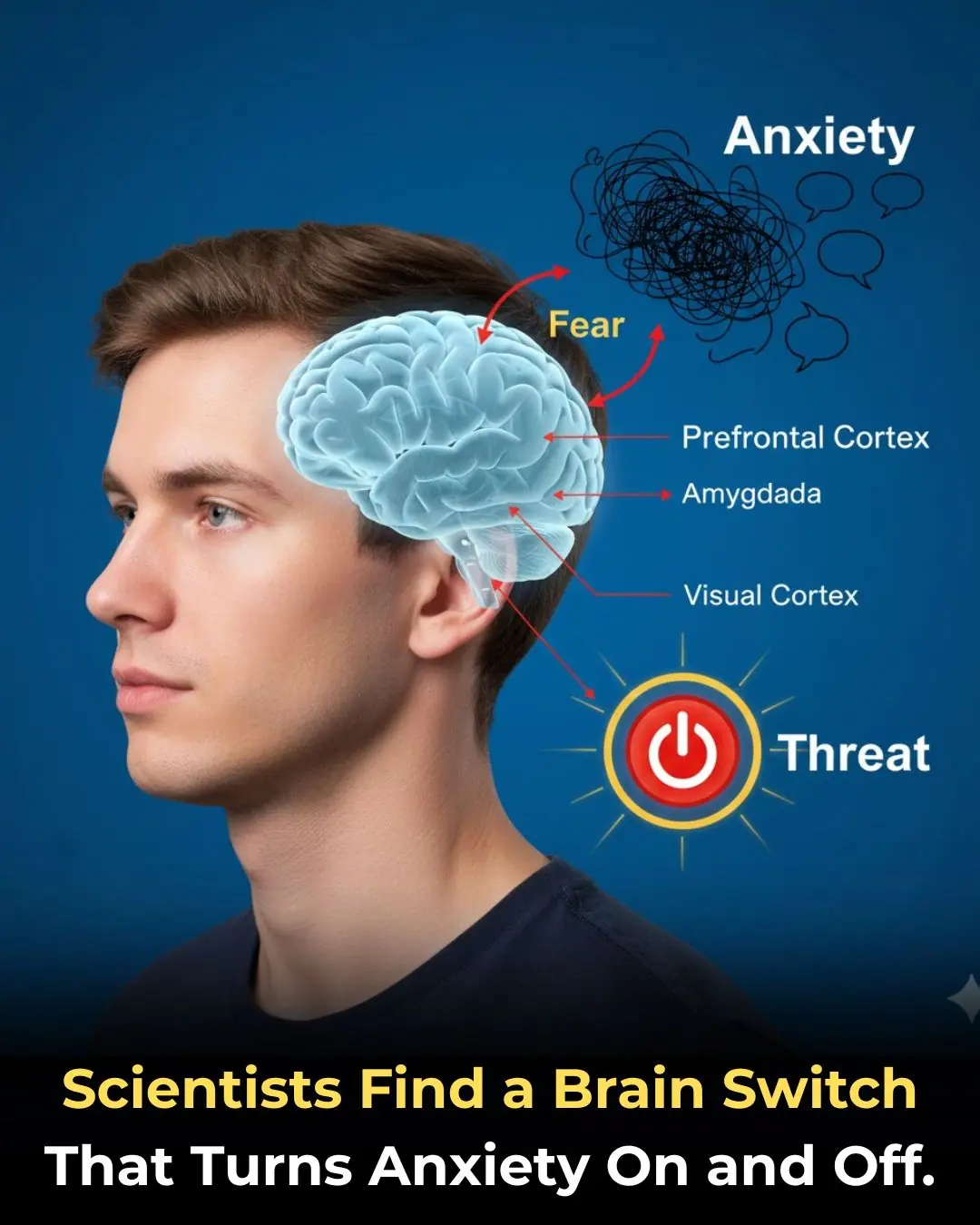
🧠 The Anxiety Circuit: Discovery of a Neural Pathway That Functions as an On/Off Switch for Fear

🚶 The Power of Post-Meal Movement: Why a Ten-Minute Walk is a Game-Changer for Blood Sugar Control

✨ The Unsung Mineral: How Magnesium Deficiency Compromises Nerve Signaling and Undermines Holistic Health

🎮 The Virtual Battlefield: How the British Army is Leveraging Call of Duty for Next-Generation Tactical Training

How Chronic People-Pleasing Could Increase Your Risk of Autoimmune Disease

Autophagy: How Your Body's 'Self-Cleaning' Process Boosts Health and Longevity

Groundbreaking Stem Cell Therapy Reverses Type 1 Diabetes, Restoring Natural Insulin Production

Breakthrough Ready-Made Immune Cell Therapy Shows Promise in Treating Advanced Kidney Cancer

Early Detection of Testicular Cancer: The Key to Saving Lives in Young Men

New Research Shows Coffee Consumption Can Reduce Liver Cancer Risk by 43%

Clothes are easily wrinkled when washed: Put something cheap in the machine when washing, the clothes will come out flat.

Refrigerator leaks water, slows down cooling: Women can learn how to fix it themselves, no need to call a technician

Why Do We Get Shocked by Static Electricity

What Clearing the Table Says About You

The Magic of Lemon Juice and Activated Charcoal: Natural DIY Solutions for Skin and Teeth

Improve Eyesight Naturally With Onion Tea: Benefits, Uses & How to Make It
